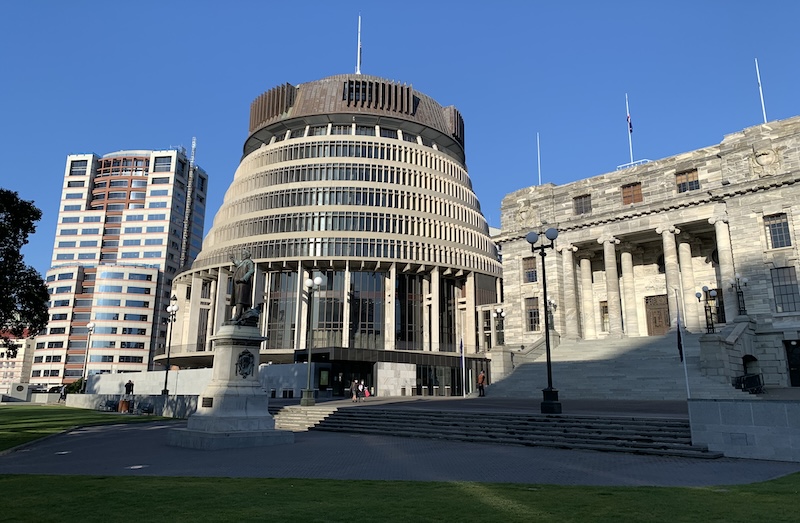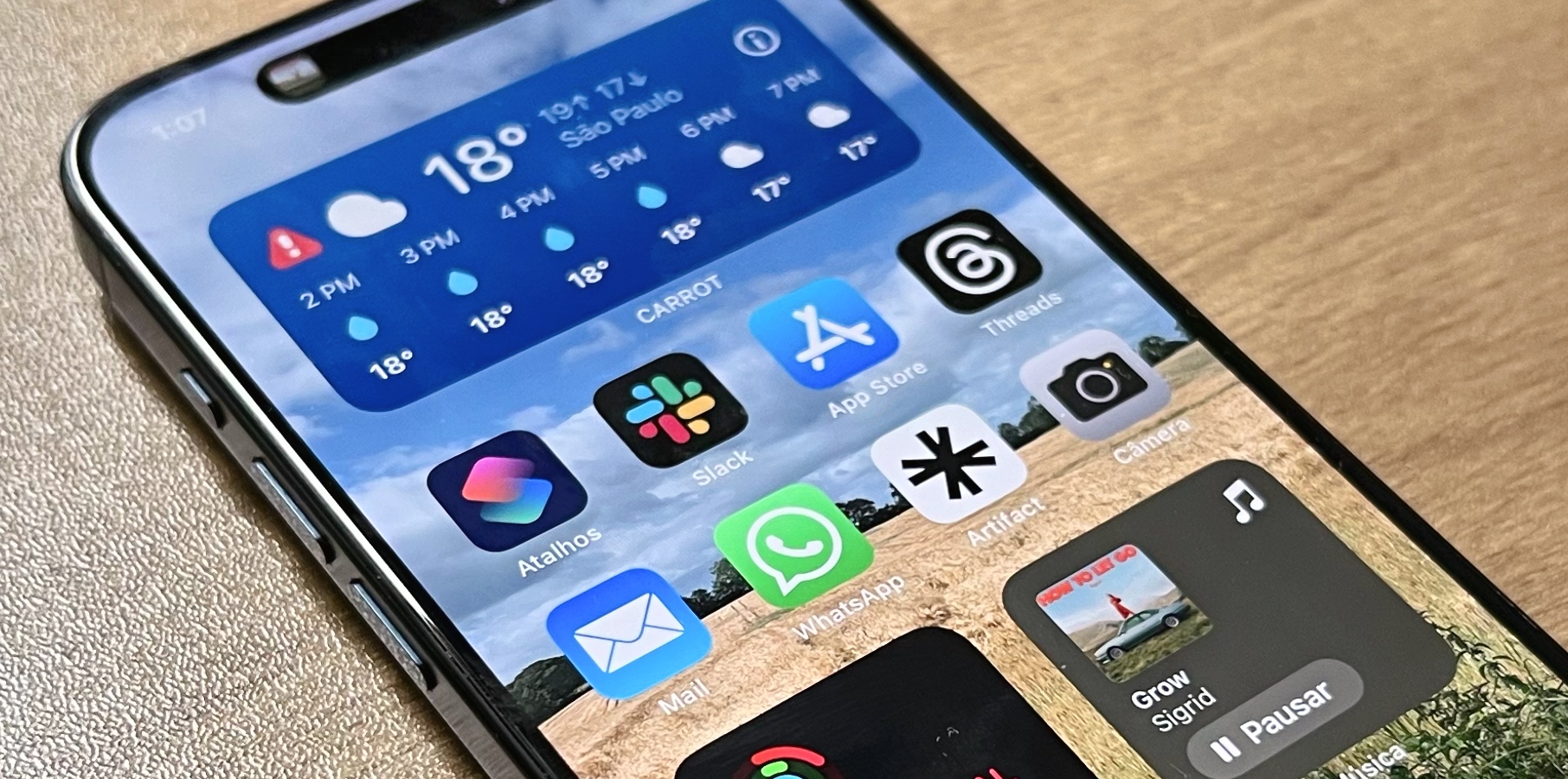Russia has unleashed another wave of attacks on Ukraine, targeting airfields and fuel facilities in what appears to be the next phase of its invasion.
Key points:
- The UN warns up to 4 million people may be displaced if fighting escalates
- As fighting intensifies around Kyiv, authorities impose a curfew to keep people inside
- Authorities in Kyiv say 137 people, including soldiers and civilians, have been killed
Huge explosions lit up the sky south of the capital, Kyiv, early on Sunday as people hunkered down in homes, underground garages and subway stations in anticipation of a full-scale assault by Russian forces.
Before dawn, flames rose into the sky from an oil depot near an air base in Vasylkiv, where there had been intense fighting, according to the town’s Mayor.
President Volodymyr Zelenskyy’s office said there had been another explosion at the civilian Zhuliany airport.
Mr Zelenskyy’s office also said Russian forces blew up a gas pipeline in Kharkiv, the country’s second-largest city, prompting the government to warn people to protect themselves from the smoke by covering their windows with damp cloths or gauze.
Russian troops later entered Kharkiv, according to an adviser to Ukraine’s interior minister.
Officials have urged residents to stay away from windows to avoid flying debris and bullets as Russia’s troops close in on Kyiv.
Resident have sought safety inside and underground, and the government has implemented a 39-hour curfew to keep people off the streets.
Shelves are sparsely stocked at some grocery stores and pharmacies, and people are worried about how long food and medicine supplies may last.
More than 150,000 Ukrainians have fled for Poland, Moldova and other neighbouring countries, and the United Nations has warned the number could grow to 4 million if the fighting escalates.
Huge explosions lit up the early-morning sky south of Kyiv on Sunday and sporadic gunfire was heard across the capital.
The Mayor of Vasylkiv, about 40 kilometres south of the capital, said an oil depot there was hit.
Kyiv said 137 people, including soldiers and civilians, had been killed.
Meanwhile, the Defence Ministry said “two enemy targets were shot down” — identifying them as a Russian SU-25 helicopter and a military bomber — near the separatist zone in the east.
A Russian transport plane had also been “knocked down” near Vasylkiv, the ministry added on its official Facebook page.
Mr Zelenskyy has vowed his pro-Western country will not be bowed by Moscow.
“I am here. We will not lay down any weapons. We will defend our state because our weapons are our truth,” Mr Zelenskyy said.
Wearing olive green military-style clothing and looking tired but determined, Mr Zelenskyy said: “Our truth is that this is our land, our country, our children and we will protect all of this.”
“This is what I wanted to tell you. Glory to Ukraine!”
His remarks came as Russia said it had fired cruise missiles at Ukraine’s military infrastructure.
Ukraine says 200 Russian soldiers captured, thousands killed
The fighting on the city’s outskirts appears to suggest small Russian units are trying to clear a path for Moscow’s main forces.
Small groups of Russian troops were reported inside Kyiv, but Britain and the US said the bulk of the forces were 30 kilometres from the city’s centre.
Russia has said its forces assaulting Ukraine from the north, east and south are focusing only on military targets, but bridges, schools and residential neighbourhoods have been hit.
Ukraine’s Health Minister reported on Saturday that 198 people, including three children, had been killed and more than 1,000 others wounded during Europe’s largest land war since World War II.
It was unclear whether those figures included both military and civilian casualties.
A missile struck a high-rise apartment building in Kyiv’s south-western outskirts near one of the city’s two passenger airports, leaving a jagged hole of ravaged apartments over several floors.
A rescue worker said six civilians were injured.
Ukraine’s ambassador to the US, Oksana Markarova, said troops in Kyiv were fighting Russian “sabotage groups”.
Ukraine said about 200 Russian soldiers had been captured and 2,800 Russian soldiers had been killed, without providing evidence.
Moscow was yet to report on casualties.
Ms Markarova said Ukraine was gathering evidence of shelling of residential areas, kindergartens and hospitals to submit to The Hague as possible crimes against humanity.
Highways into Kyiv from the east were dotted with checkpoints manned by Ukrainian troops and young men in civilian clothes carrying automatic rifles.
Low-flying planes patrolled the skies, but it was unclear if they were Russian or Ukrainian.
In addition to Kyiv, the Russian assault appeared to focus on Ukraine’s economically vital coastal areas, from near the Black Sea’s Port of Odessa in the west to beyond the Azov Sea port of Mariupol in the east.
Ukrainian soldiers in Mariupol guarded bridges and blocked people from the shoreline amid concerns the Russian navy could launch an assault from the sea.
US, Germany send military aid to Ukraine
It was the third day since Russian President Vladimir Putin unleashed a full-scale invasion that has sparked fears of a wider conflict in Europe.
Mr Putin has not disclosed his ultimate plans, but Western officials believe he is determined to overthrow Ukraine’s government and replace it with a regime of his own, redrawing the map of Europe and reviving Moscow’s Cold-War-era influence.
It is unclear how much territory Russian forces have seized or how much their advance has been stalled.
Britain’s Ministry of Defence said: “The speed of the Russian advance has temporarily slowed likely as a result of acute logistical difficulties and strong Ukrainian resistance.”
A senior US defence official said more than half of the Russian combat power that was massed along Ukraine’s borders had entered the country and Moscow had been forced to commit more fuel and support units inside Ukraine than originally anticipated.
To aid Ukraine’s ability to hold out, the US has pledged an additional $US350 million ($484.35 million) in military assistance to Ukraine, including anti-tank weapons, body armour and small arms.
Germany said it would send missiles and anti-tank weapons to the besieged country and would close its airspace to Russian planes.
The US, EU and UK agreed to block “selected” Russian banks from the SWIFT global financial messaging system, which moves money around more than 11,000 banks and other financial institutions worldwide, as part of a new round of sanctions aimed to impose a severe cost on Moscow for the invasion.
Loading
They also agreed to impose “restrictive measures” on Russia’s central bank.
The US and its allies have beefed up forces on NATO’s eastern flank but so far have ruled out deploying troops to fight Russia.
Dmitry Medvedev, the deputy head of Russia’s Security Council, warned that Moscow could react by opting out of the last remaining nuclear arms pact, freezing Western assets and cutting diplomatic ties.
“There is no particular need in maintaining diplomatic relations,” Mr Medvedev said. “We may look at each other in binoculars and gun sights.”
Zelenskyy still up for talks with Russia
In a video message, Mr Zelenskyy reiterated that he was open to talks with Russia, saying he welcomed an offer from Turkey and Azerbaijan to organise diplomatic efforts, which had so far faltered.
The Kremlin confirmed a phone call between Mr Putin and Azerbaijani President Ilham Aliyev but gave no hint of restarting talks.
A day earlier, Mr Zelenskyy offered to negotiate a key Russian demand — abandoning Ukraine’s ambitions to join NATO.
Mr Putin sent troops into Ukraine after denying for weeks that he intended to do so, all the while building up a force of almost 200,000 troops along the countries’ borders.
He says the West has failed to take seriously Russia’s security concerns about NATO, the Western military alliance that Ukraine had aspired to join.
He has also expressed scorn about Ukraine’s right to exist as an independent state.
Loading
ABC/wires




















Discussion about this post